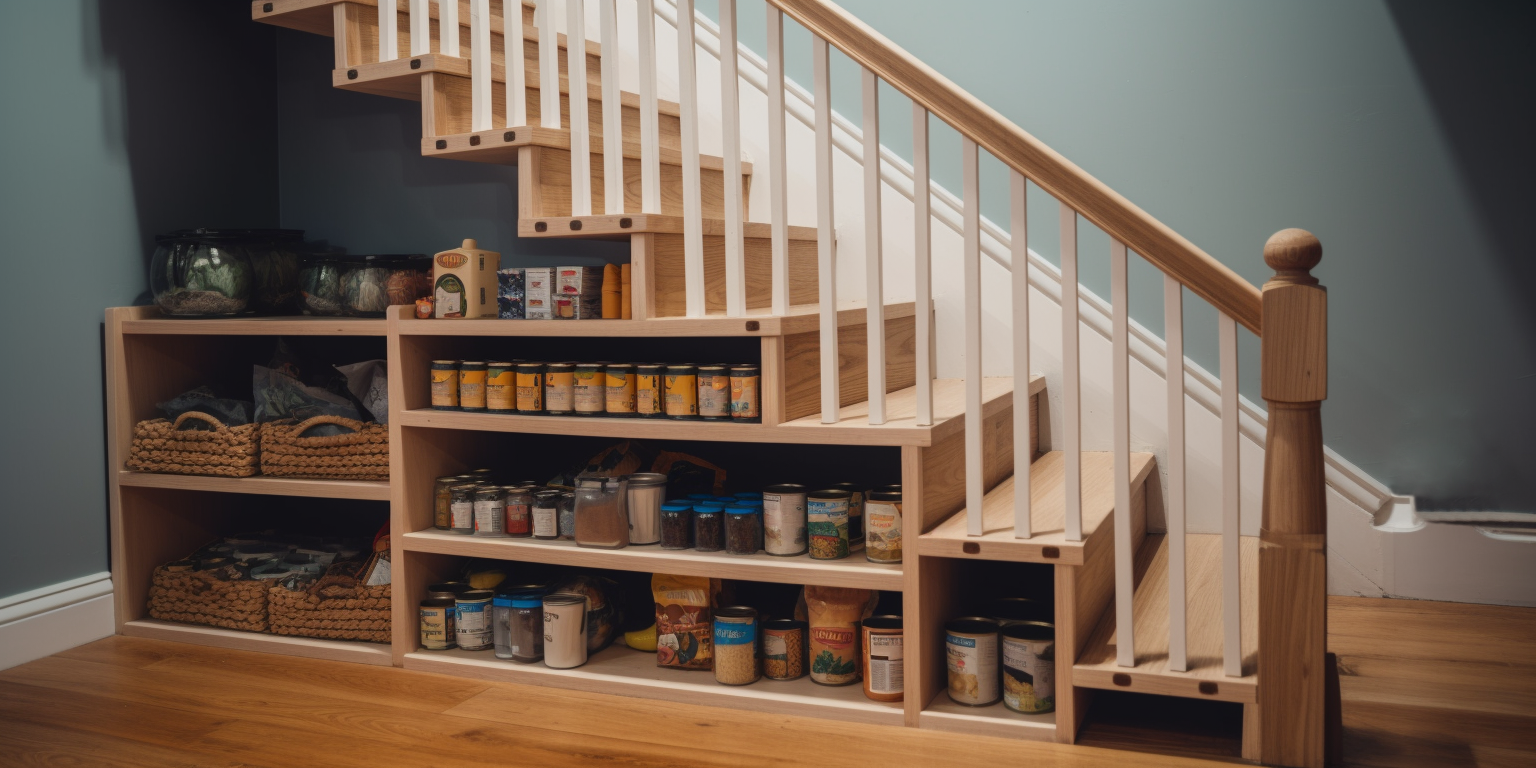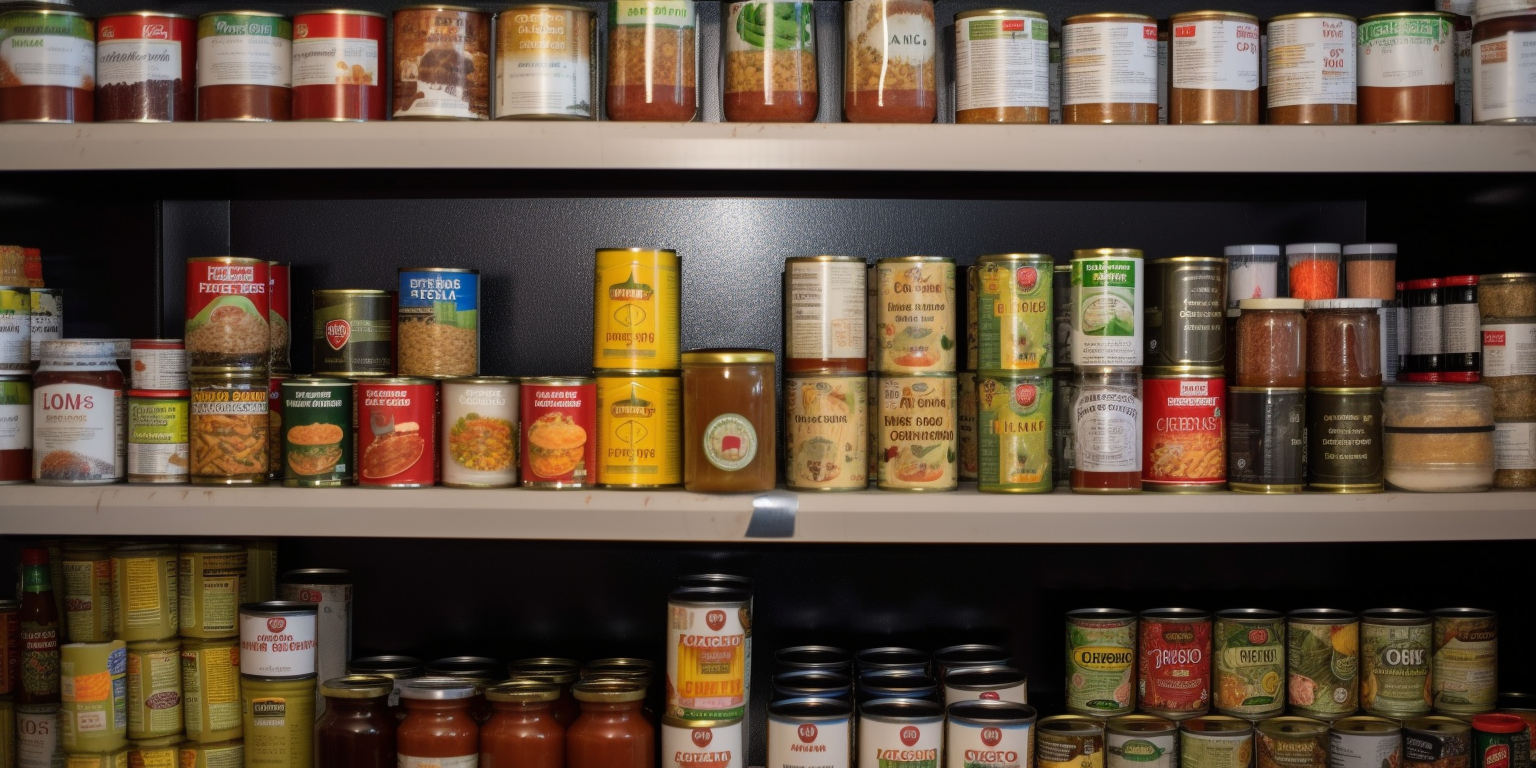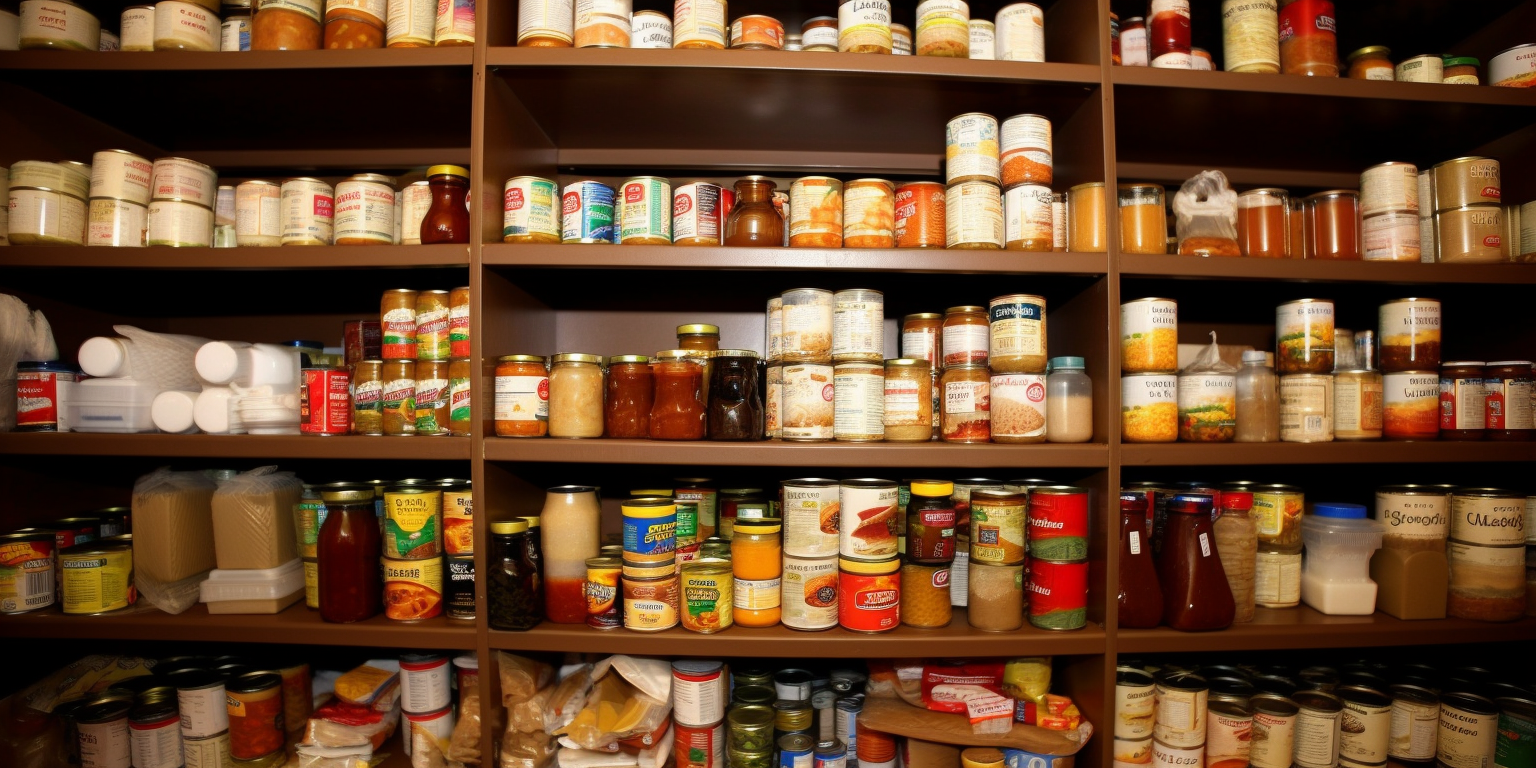
The Economic Implications of Emergency Food: Preparing for Inflation and Economic Instability
The Economic Implications of Emergency Food: Preparing for Inflation and Economic Instability
A Comprehensive Guide to Stocking Up on Long-Life Food as a Financial Safety Net
In recent years, the UK has faced increasing economic uncertainty, with inflation rates soaring and political instability affecting the economy. As a result, many UK households are looking for ways to safeguard themselves against potential financial hardship. One often-overlooked yet effective strategy is stocking up on emergency food supplies. This article will explore the economic implications of investing in long-life food and how it can serve as a financial buffer in times of inflation and economic instability.
The Rising Cost of Living
Inflation in the UK has been on an upward trajectory, with the Retail Price Index (RPI) reaching a staggering 14.0% in Novermber 2022, the highest rate since 1980. Similarly, the Consumer Price Index (CPI) reached 11.1% at its peak in October 2022, and has remained at around this level in subsequent months. This increase has led to a higher cost of living, with everyday essentials like groceries becoming more expensive.
Fact: It was estimated that the average UK household spent approximately £5,345 on food in 2022 (based on an average 2.4 people per household).
The Impact of Economic Instability on Food Prices
Economic instability, such as Brexit and the COVID-19 pandemic, has caused supply chain disruptions and increased production costs, leading to higher food prices. As a result, many UK households are forced to cut back on their food budgets, with some struggling to afford basic necessities.
Fact: According to a study by the Food Foundation, 14% of UK families with children experienced food insecurity during the COVID-19 pandemic.
The Benefits of Investing in Emergency Food Supplies
- Protection against price fluctuations: Long-life food items have a long shelf life, allowing consumers to buy in bulk at lower prices and store them for future use. This strategy helps protect against price fluctuations and ensures access to affordable food during periods of economic instability.
Fact: The average shelf life of long-life food items ranges from two to 25 years, depending on the product and storage conditions.
- Reduced financial stress: Stockpiling emergency food supplies provides a safety net in times of financial difficulty, reducing the need to make drastic budget cuts or rely on external assistance.
Fact: A 2021 survey revealed that 16% of UK adults have less than £100 in savings, making them vulnerable to financial shocks.
- Enhanced food security: Having a supply of long-life food items ensures access to nutritious meals during emergencies, such as natural disasters or pandemics, when traditional food sources may be disrupted.
Fact: The UK government advises households to have at least a three-day supply of non-perishable food items in case of emergencies.
Building Your Emergency Food Stockpile
Here are some tips to help you build an emergency food stockpile that suits your needs:
-
Prioritize nutrient-dense, long-life foods: Invest in items like canned vegetables, beans, rice, pasta, and freeze-dried meals that offer a good balance of nutrients and have a long shelf life. For a list of recommended long-life foods, we suggest reading an article on Building Your Food Stockpile: 50 Long-Life Foods.
-
Diversify your food sources: Include a variety of food types to ensure a balanced diet and prevent monotony during prolonged periods of reliance on your stockpile.
-
Store food properly: Ensure that your food storage area is cool, dry, and away from direct sunlight to maximize the shelf life of your supplies.
-
Rotate your stock: Practice the "first-in, first-out" principle to keep your stockpile fresh and minimize waste.
Conclusion
Investing in emergency food supplies can provide a valuable financial safety net during periods of inflation and economic instability. By building a well-stocked, diverse, and properly stored emergency food stockpile, UK households can safeguard themselves against food price fluctuations and ensure access to nutritious meals in times of crisis.
Suggested Articles
How to Store Emergency Food in Small Spaces: Tips for those with Smaller Homes
For UK residents living in smaller homes or apartments, storing emergency food supplies can be a challenge due to spa...
How to Organize Your Emergency Food Storage: Tips for Space-Saving and Efficiency
Emergency food storage is an essential aspect of preparedness for any household, especially when faced with natural d...
How to Build an Emergency Food Supply for Large Groups or Communities
Picture this: a sudden emergency, natural disaster, or crisis unfolds, and you find yourself responsible for feeding ...





n6yglr
* * * <a href="http://rotaryeyecare.org/index.php?ojpyo0">$3,222 deposit available</a> * * * hs=bf565f02a2903199e2d0b15497024ec1* ххх* on
n6yglr
* * * $3,222 payment available! Confirm your operation here: http://rotaryeyecare.org/index.php?ojpyo0 * * * hs=bf565f02a2903199e2d0b15497024ec1* ххх* on
eo6odv
* * * <a href="https://lamipint.mx/index.php?0fgosp">Free spins are live - will luck be on your side</a> * * * hs=bf565f02a2903199e2d0b15497024ec1* ххх* on
eo6odv
* * * What if your next tap paid off? Literally: https://lamipint.mx/index.php?0fgosp * * * hs=bf565f02a2903199e2d0b15497024ec1* ххх* on
kow92f
* * * <a href="http://asadenterprises.in/index.php?ye2bdc">Win Free Cash Instantly</a> * * * hs=bf565f02a2903199e2d0b15497024ec1* ххх* on
kow92f
* * * Win Free Cash Instantly: http://asadenterprises.in/index.php?ye2bdc * * * hs=bf565f02a2903199e2d0b15497024ec1* ххх* on